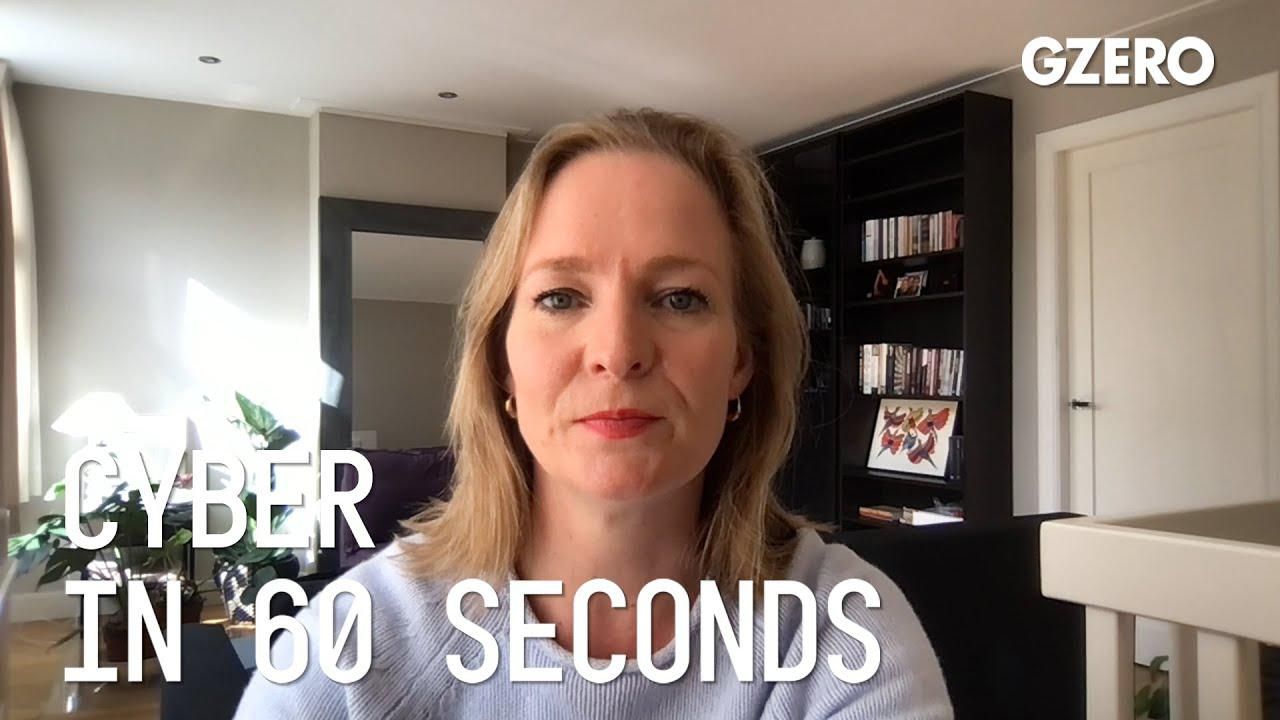
Marietje Schaake, International Policy Director at Stanford's Cyber Policy Center, Eurasia Group senior advisor and former MEP, discusses trends in big tech, privacy protection and cyberspace:
Has cryptocurrency finally gone mainstream?
Well, it certainly looks like that because after some people had invested in bitcoins out of curiosity or the quiet hope to make a fortune, now the EU and the European Central Bank are considering a digital euro. And this week, Visa announced that it would accept crypto coins, too. So those developments may help facilitate trust in an area that is also known to be a safe haven for criminal money.
How are different governments dealing with the continued rise of cryptocurrencies?
Well, EU regulators are working on incorporating them and allowing for pilots and regulatory sandboxes to test innovative blockchain applications and governance. But in the US, regulation looks at know-your-customer type requirements to build trust and accountability. And not surprisingly, enthusiasts of the unregulated cryptos have complained. So this is a question not yet settled.
- The dangers of deepfakes and the need for norms around trust ... ›
- What are NFTs, and how do they fit into the crypto landscape ... ›
- What can governments do about cryptocurrency? - GZERO Media ›
- What is Coinbase, the first major cryptocurrency company to go public? - GZERO Media ›
- NFTs: Hype, mainstream growth - & implications - GZERO Media ›
- Crypto fans ignore its ups and downs - GZERO Media ›